Things are finally looking up for retailing on Aberdeen’s historic Union Street, offering a welcome boost to the north-east economy and shoppers.
In common with other parts of the UK, the heart of the Granite City has seen the exit of many big-name stores in recent years. Negative factors impacting the high street include a tough economic environment and stiff competition from online retailers.
A quick stroll down Aberdeen’s Granite Mile reveals the extent of the decline experienced by the major shopping thoroughfare established more than 200 years ago.
Turning it around on Union Street
But all is not lost – important initiatives are now under way to turn around its fortunes.
These include the recently-formed Our Union Street venture chaired by local businessman Bob Keiller.
He has described the public response to the group as “overwhelming”, with more than 10,000 ideas submitted to his team.
Mr Keiller, a former chief executive of engineering and consultancy services giant Wood, said: “We want to brighten the street, fill the units, use the space, tell the stories which lie behind our famous granite walls and fully engage the people of Aberdeen in this urban revival. And we are already taking steps to meet these objectives.
Volunteer army
“We are building an army of volunteers and skilled tradespeople who are willing to give their time to clean up the street.
“And we have launched one of the best incentive packages available anywhere in the UK – meaning new occupiers taking on long-term vacant units will benefit from up to two years with no rent or business rates to pay, under a support package drawn up and partly funded by Our Union Street.”
We want to brighten the street, fill the units, use the space, tell the stories which lie behind our famous granite walls and fully engage the people of Aberdeen in this urban revival.”
Bob Keiller
He added: “Union Street is not what it used to be, it’s not what it should be and it’s not what it can be.
“People care about the state of Union Street; they care that many retail units sit empty and uninviting, they care about graffiti, litter, dirty buildings, weeds growing on balconies and the general upkeep of the street.
“They want Union Street to be a safe, busy, energetic, thriving thoroughfare that compares favourably with the best of the UK’s small cities.”
Aberdeen City Council is also playing an important role in reviving the city centre.
A revised planning application for the new multi-million-pound Aberdeen Market was approved in November. The site will be developed to create a destination venue, with marketplace elements promoting local produce and goods alongside continental-style delicatessens, cafes and food outlets.
Council planning development management committee convener Ciaran McRae said: “The market development will create a vibrant and exciting new destination for people to visit in the city centre, as well as create an improved connection between Union Street, the Green, and the bus and train stations.”
£20 million of levelling up cash will help revive Union Street’s fortunes
The local authority purchased the old market and vacant BHS building to create the venue.
Central Union Street and Aberdeen Market are seen as critical parts of the “heart of the city” area of intervention that was identified in the council’s city centre “masterplan”.
This blueprint has the key objective to reinstate the central role of Union Street in the life of the city, establishing stronger links north and south, and creating a destination not just for shopping but for many city activities.
The council is to receive £20 million from the UK Levelling Up Fund towards the new market building and nearby streetscaping.
There was other promising news recently for the Aberdeen retail sector when it emerged the millionaire property developer who purchased the Bon Accord Centre had also snapped up the neighbouring John Lewis building for £270,000.
The Norco House building is now owned by Zakir Issa, a sibling of the billionaire brothers who own Asda. The George Street property changed hands for just a fraction of the £14.3m paid for it just 12 years ago, in 2011.
It follows Mr Issa’s cut-price purchase of the Bon Accord Centre, once valued at more than £200m, which he is understood to have acquired for less than £10m.
Investing in Union Street is all very well but what about the trading climate?
The past year has seen yet more upheaval for Scottish shops and their customers.
Consumer spending has been impacted by soaring inflation and rising mortgage rates.
Meanwhile, government policies affecting the retail sctor have been ever-changing.
In addition, there has been a spike in crime, particularly shoplifting, anti-social behaviour and abuse of store workers. This is despite better legal protections and record spending by shops on crime prevention.
And the WFH factor?
Scottish Retail Consortium director David Lonsdale said: “Some of the global and geopolitical turbulence of recent years has receded, however, the effects are still being felt.This can be seen in the prevalence of working from home since the pandemic and which has held back a full recovery in shopper footfall.
“It can also be seen in elevated inflation, albeit shop-price inflation has fallen markedly.
“As such Scotland’s shopper footfall and consumer spending has struggled.
“Foot traffic to retail destinations remains one-sixth down on pre-pandemic levels.
“And the number of empty shops is one-fifth above that prior to Covid.
“Meanwhile, growth in retail sales has been outpaced by rising prices for much of the second half of this year – a real-terms reduction.”
Profits under pressure
Retailers’ focus has been on trying to keep their prices down, Mr Lonsdale said.
He explained: “Consumers have benefited from falling commodity prices but also from fierce competition within the sector for shoppers’ custom. This has helped lower shop price inflation to 4.3%.
“But it’s taken its toll on retailers’ profitability – against an at times trying public policy backdrop.”
The deposit return scheme fiasco has cost retailers tens of millions of pounds.
Mr Lonsdale added: “Other paused initiatives are set to reappear in 2024, including proposed in-store restrictions on the marketing of alcohol and curbs on the selling of products high in saturated fat, salt and sugar.
“Externality charges on coffee cups (to offset environmental costs) are likely to be legislated for.”
But some of our major retail destinations are getting to grips with life post-pandemic.
Mr Lonsdale said: “Aberdeen’s brilliant Our Union Street initiative is hugely promising.
“It’s fantastic to see different parts of the city’s business community and society pulling together, and the close working with the public sector.
“This will be critical to its success and should act as an exemplar for other parts of Scotland.
“Giving people compelling reasons to visit, spend time and money in our town and city centres will be crucial to their vitality and prospects.”
He added: “In 2024 the outlook for consumer confidence and spending will be critical.
“Wage growth is finally outpacing inflation. Higher mortgage payments are acting as a drag on spending, but the temporary reduction in peak rail fares and cut in employee National Insurance contributions could help to entice shoppers back.
“The early months’ of the new year is a traditionally sticky period when retailers’ revenues dip and rent, rates and other bills still need paid. Given this and the lingering presence of Covid-era corporate debt, it’s possible some well-known brands may falter,
“Bumper increases in statutory costs such as on wages will make things trickier.”
Aberdeen shopping centres: Track the empty and occupied units
Business rates remain onerous,” he said, adding: “Indeed, some 2,350 commercial premises across Aberdeen, Aberdeenshire, Highland and Moray continue to pay a higher business rate than counterparts in England. A quarter of these are shops.”
The past year has been full of ups and downs for the industry in the north and north-east, and Mr Lonsdale said retailers hoping for “less of a white-knuckle ride” the coming 12 months.
“With economic growth still struggling and the outlook for demand uncertain, prospects for the early part of 2024 look inauspicious,” he added.
Major sporting events including the Olympics and European football championships may deliver a welcome fillip to retail.
Mr Lonsdale said: “Scotland’s qualification for the latter should boost domestic sales of electrical goods, sportswear, and food and drink – hopefully, with something to celebrate.
“Scotland’s retailers have proven themselves to be highly adaptable during recent years.
“They may need to call upon all the muscle memory, agility and resilience they have displayed (in the past) during the year ahead.”
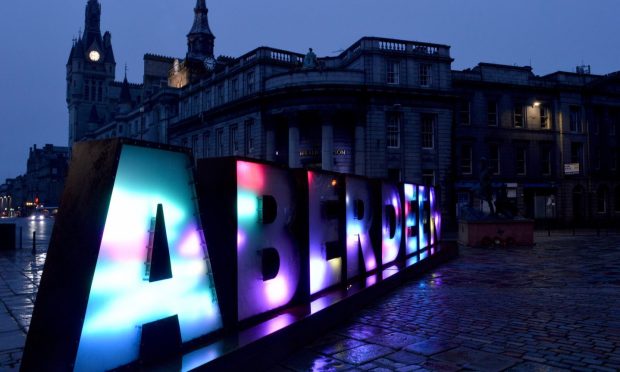
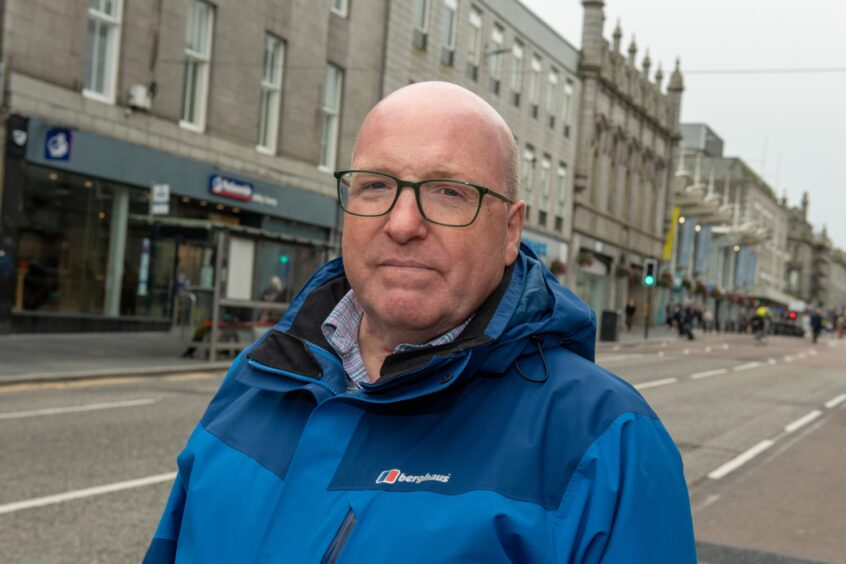
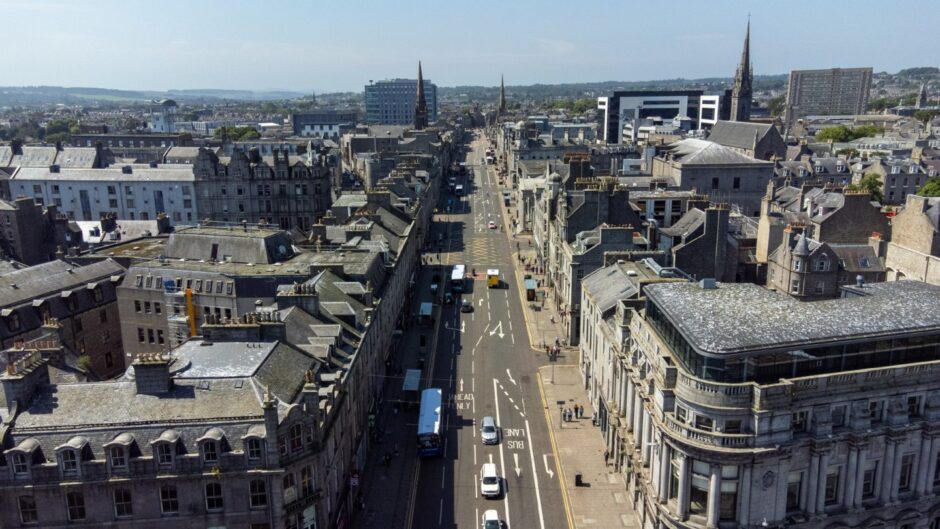
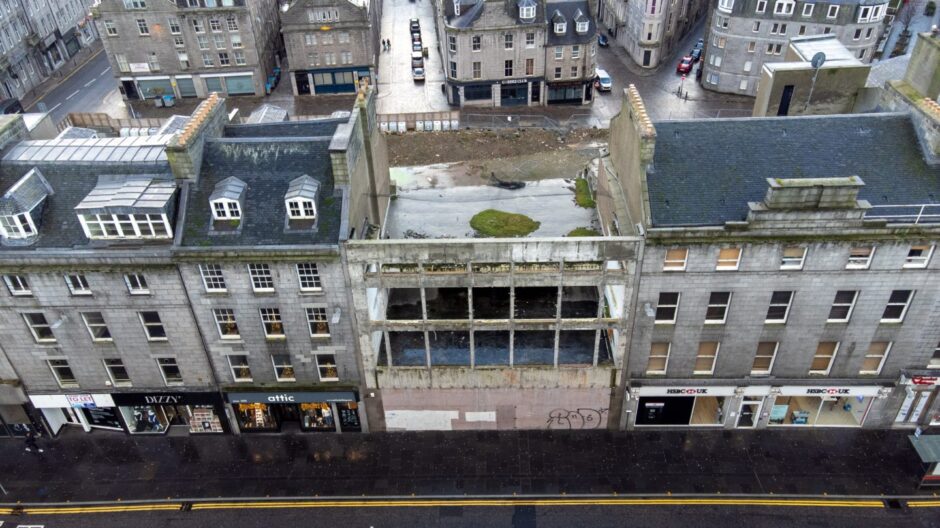
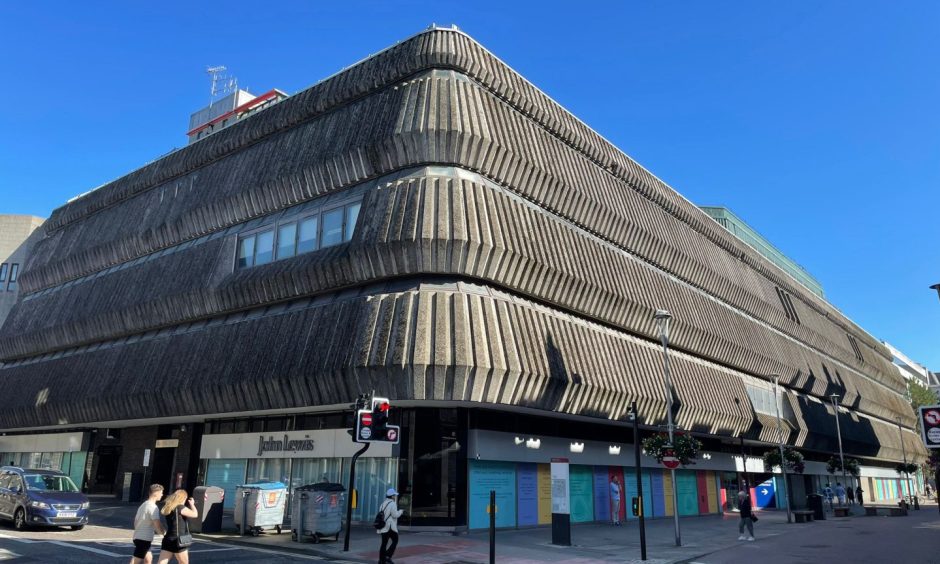
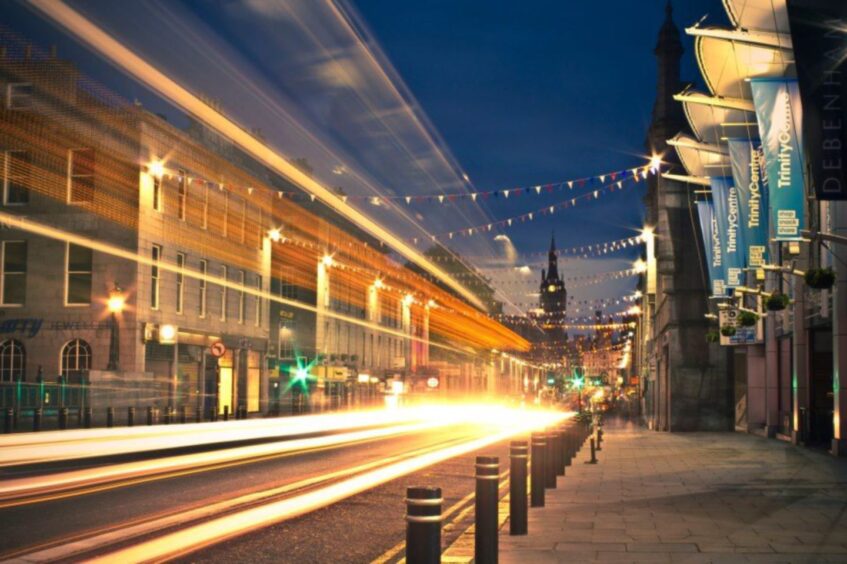
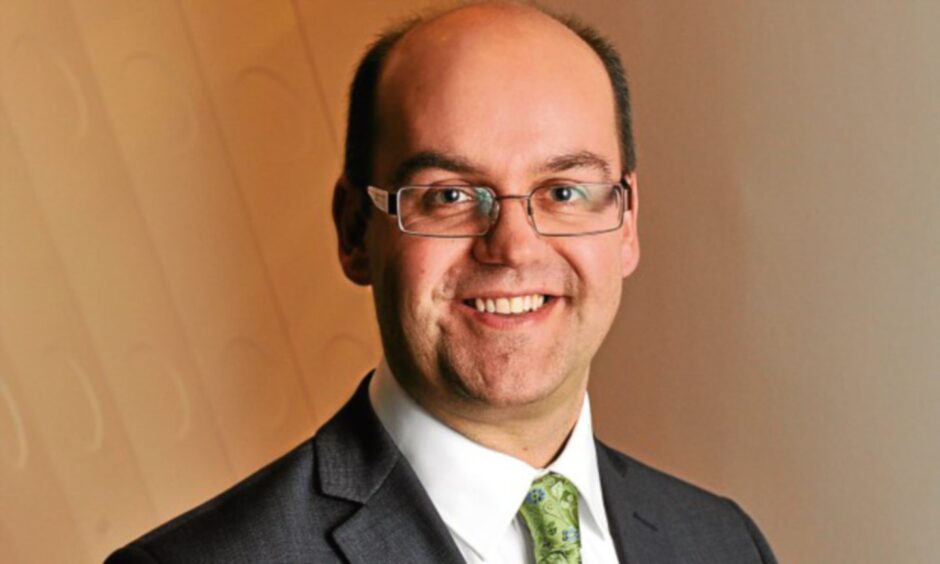
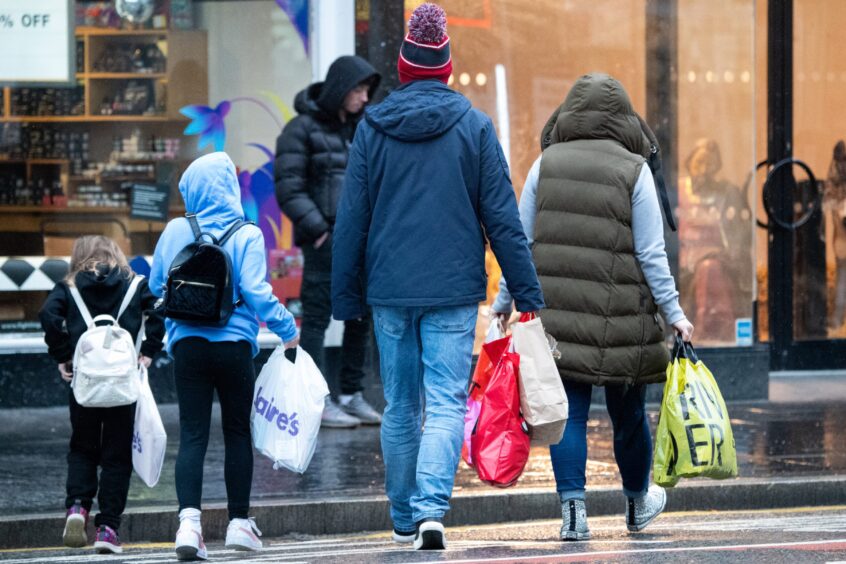
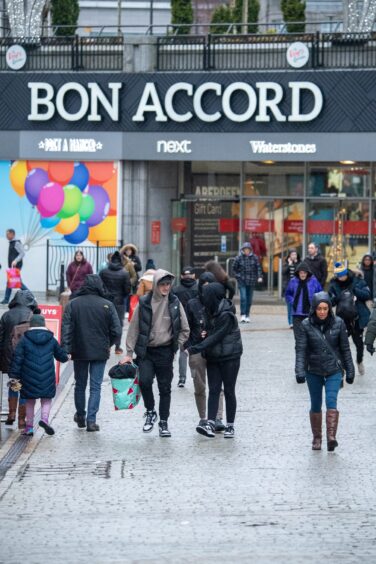

Conversation